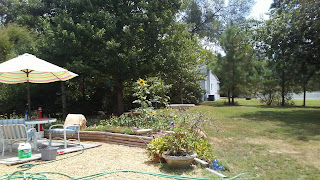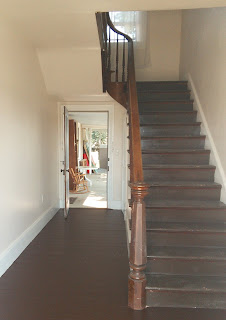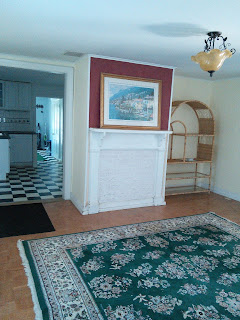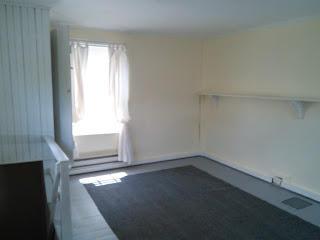(Ignore date above; listing is new as of 3/12/22)
Coral Beach 1504
Updated studio apartment on the pure white sands of Lucaya BeachFreeport, Grand Bahama Island
Asking $69,000 net
Contact me at judidrummond@gmail.com
Coral Beach is a gated condo complex with 24/7 security, tropical gardens, a beautiful pool, and a popular outdoor bar-restaurant on a gorgeous white-sand beach just a 10-minute walk from shopping and dining in Port Lucaya.
The studio has been updated and refreshed with new paint. Everything is in good working order. The kitchen has full-size appliances and is completely outfitted with dishes and pans. The fifth-floor balcony offers a nice view looking east toward Port Lucaya and south over the ocean.
Coral Reef Bar and Grille, next to the pool and overlooking the ocean, serves lunch and dinner seven days a week. They have daily specials and happy hour pricing, with occasional live music on the pool deck. (temporarily closed)
The complex is a 10-minute taxi ride from the airport and downtown. Port Lucaya, with its shops, restaurants, straw markets, and nightly entertainment, is a long walk or short taxi ride.
Though the casino is currently closed, the island offers water sports (parasailing, jet ski rental, banana boat rides) and nature tours (swim with the dolphins, horse back riding, snorkeling, scuba diving, deep sea fishing). There are several world-class golf courses.
Monthly maintenance fees of $229 include security, water, trash, and maintenance of the pool and grounds. The only other bills are for electric and, if you choose, cable and internet service. We get cable service out of Florida so all your favorite channels are available.
Why I love Grand Bahama: I have been coming to the island since 1995 and consider it my second home. The people are friendly and full of spirit. The island is only 54 miles off the coast of the U.S., yet you are in a tropical foreign country that feels like paradise. They speak English. They have their own money, but they also use U.S. money -- so every transaction is a combination of Bahamian and U.S. funds. In short, it's the closest place you can go to feel like you are truly "away" yet there is a comfort factor in sharing the same language and money.
Price: I am asking $69,000 net, which means the buyer pays all closing costs. Studio units in this complex, in this condition (upgraded and updated but not gutted-and-renovated) usually sell for $85,000 to $90,000. I got a good deal when I bought it, so I can pass that savings along to the next buyer. The bathroom was completely gutted and renovated recently, with double vanity, large shower, and tiled walls. The kitchen is usable but could stand a refresh.
Special assessment: There is currently a special assessment of $175 per month to pay for Hurricane Dorian damages not covered by insurance and to pay off old legal bills from lawsuits generated by the previous Board of Directors. While there is no "end" date, the current Board hopes to be able to end this assessment in the near future.
For a closer look at a one-bedroom unit in the complex, watch HGTV's Bahamas Life (season 3, episode 13 called "No More Socks). Hint: They choose Coral Beach!
Please email me for further information and more pictures. judidrummond@gmail.com



































